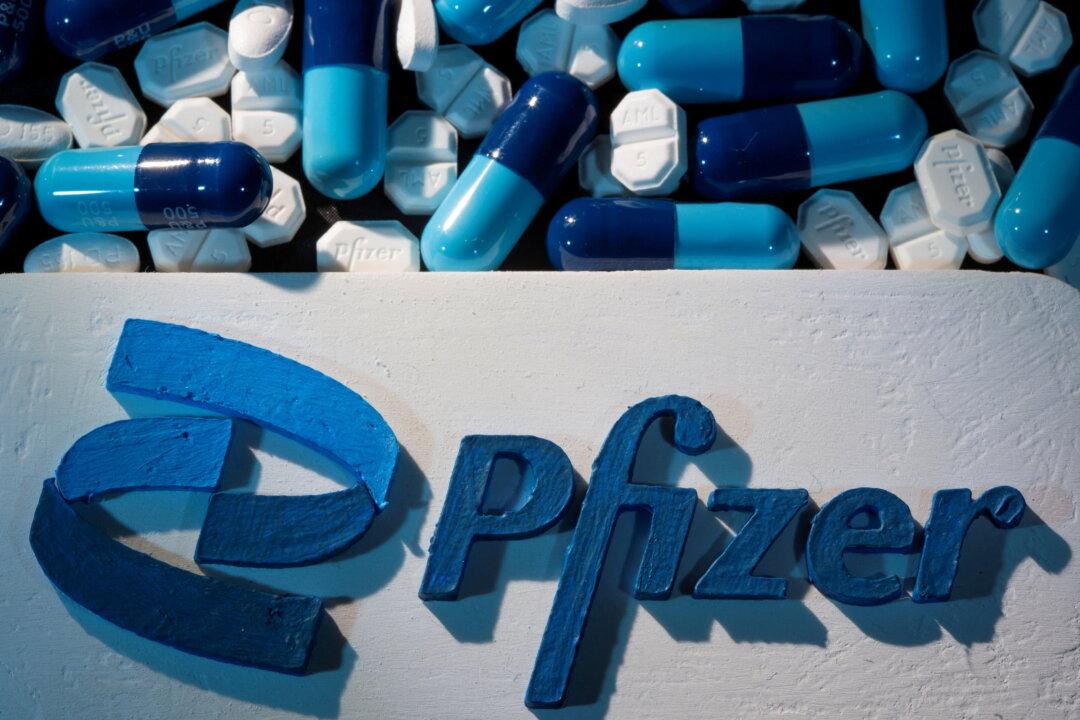Pfizer Inc. announced on May 25 that it will provide all of its current and future patent-protected drugs and vaccines on a not-for-profit basis to 1.2 billion people in 45 lower-income countries.
The pharmaceutical and biotechnology company said in a press release that the plan is part of “An Accord for a Healthier World,” launched with the aim to address health inequities between many lower-income countries and the rest of the world.




